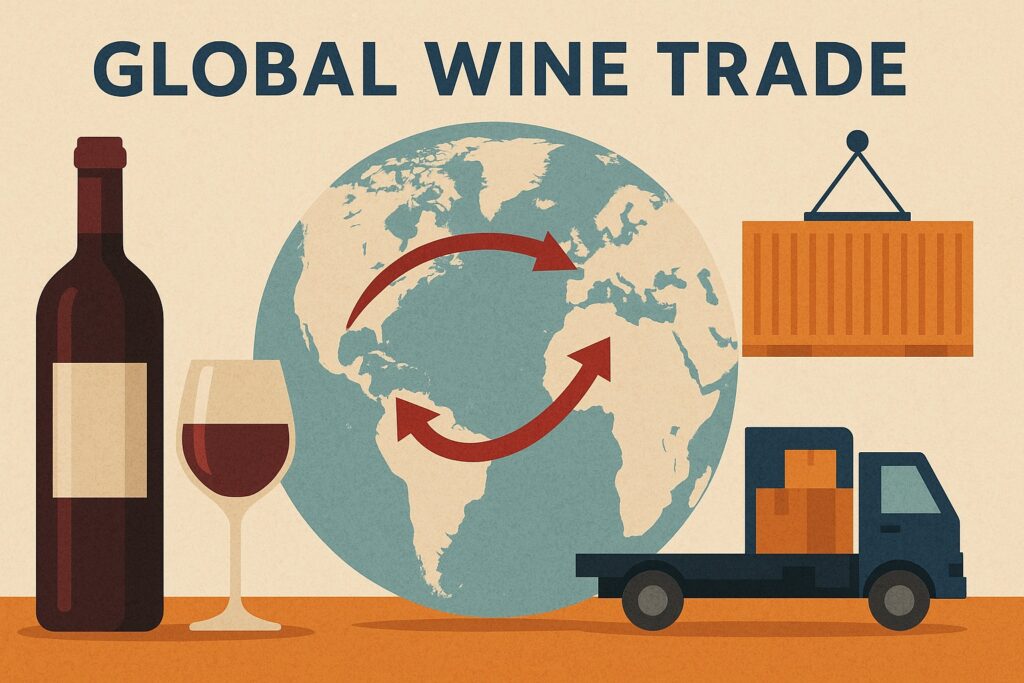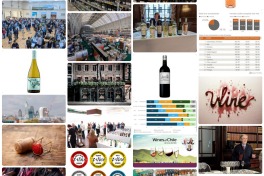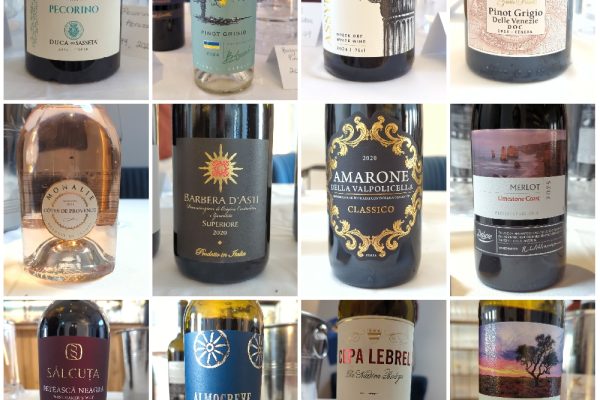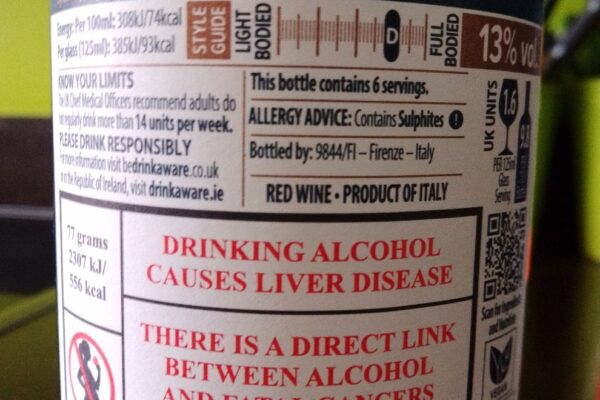
The new working paper (PDF) examines the projected impact of a US-initiated global tariff hike on the international trade of wine, beer and spirits, set to begin on 8 July 2025. Authored by Kym Anderson and Glyn Wittwer, of the Wine Economics Research Centre, University of Adelaide, the study uses a detailed global model of beverage markets to simulate four escalating trade scenarios resulting from US tariff actions announced in March and April 2025. Initially targeting the European Union, these tariffs extend to all countries and prompt retaliatory measures from Canada, China and other Asian nations.
The first scenario involves a 20% US tariff on EU alcoholic beverages, reducing EU wine exports to the US by 18% and significantly affecting Italy, France and Spain. However, southern hemisphere exporters such as Australia and Chile might benefit through trade diversion, although their gains are modest. When the US imposes tariffs on all countries in the second scenario, the reduction in global exports intensifies, with wine down by 13%, spirits by 22% and beer by 33%. In the third scenario, retaliatory tariffs by selected countries add further strain, particularly reducing US exports and global trade volumes.
The fourth and most severe scenario incorporates a global 2% fall in consumer expenditure due to economic uncertainty stemming from the trade war. Under this condition, virtually all wine-exporting countries experience decreased exports to both the US and the rest of the world. Italy, for instance, could lose nearly US $500 million in wine export value, a notable though still less severe impact than initial media claims had suggested.
Historically, the paper contextualises tariff use by reviewing the development and breakdown of trade liberalisation efforts from the 19th century through to the establishment of the WTO. It underscores that unilateral tariff hikes often result in widespread economic harm and trade fragmentation, particularly when they provoke retaliation. The model used distinguishes between wine types, beer and spirits, as well as between on-premise and off-premise consumption, providing a granular analysis across 44 countries.
The authors conclude that the US-led tariff war, while potentially benefiting a few exporters via trade diversion, ultimately harms most countries due to its impact on economic confidence and global demand. The study warns that such protectionist policies risk long-term damage to the multilateral trading system and encourage the proliferation of regional trade agreements that might exclude the US.














